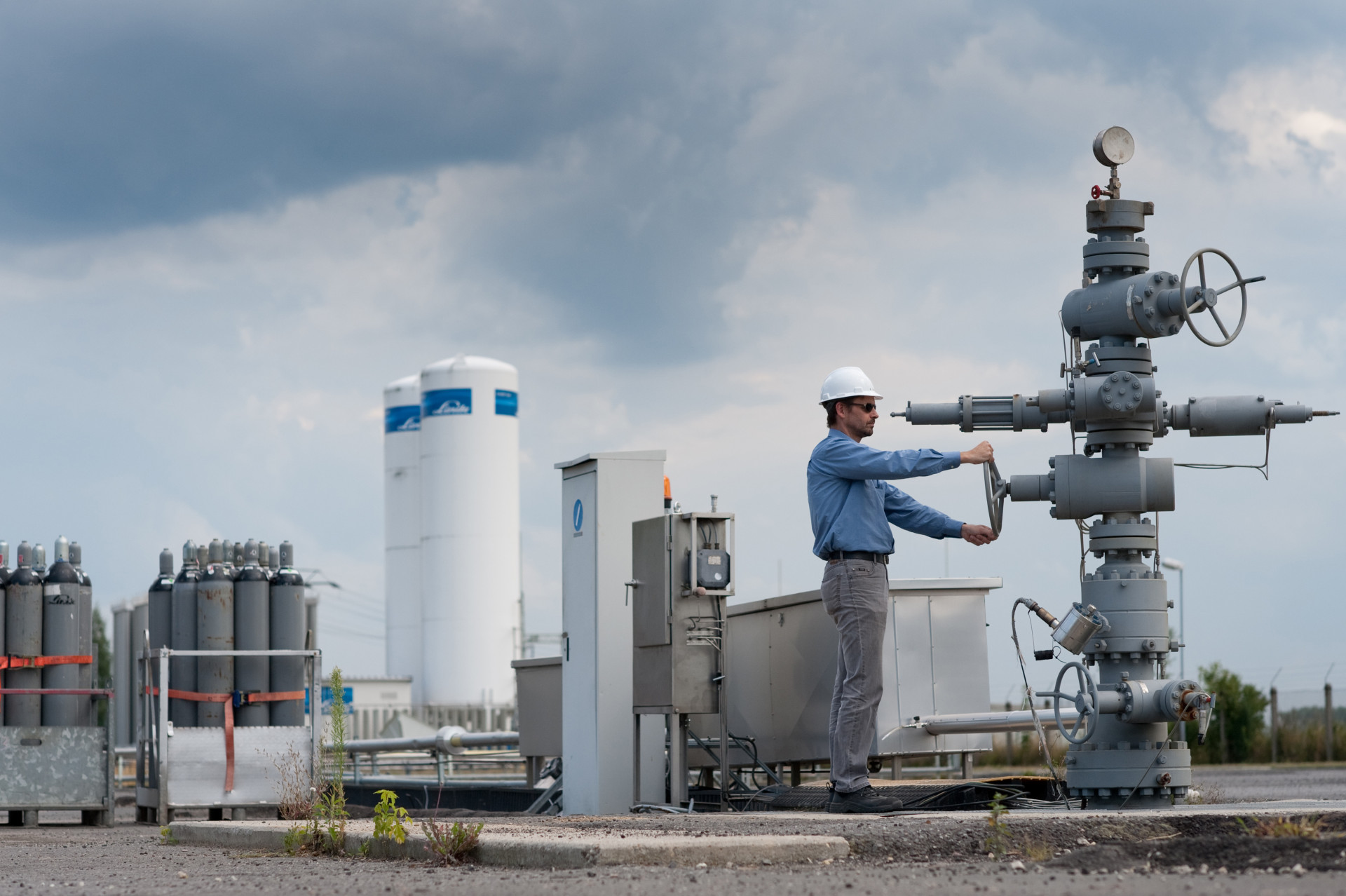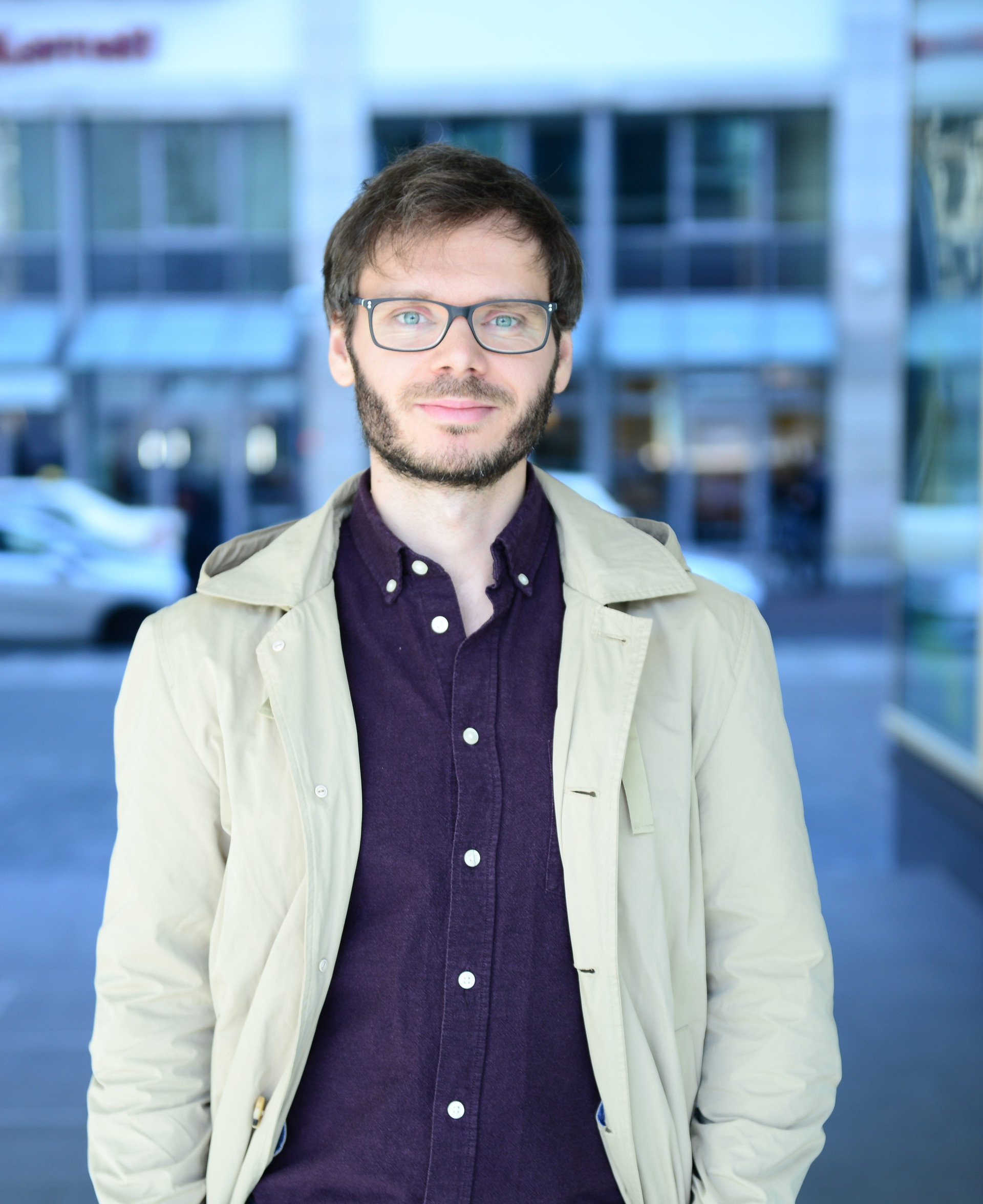Public perception of CO₂ capture and storage
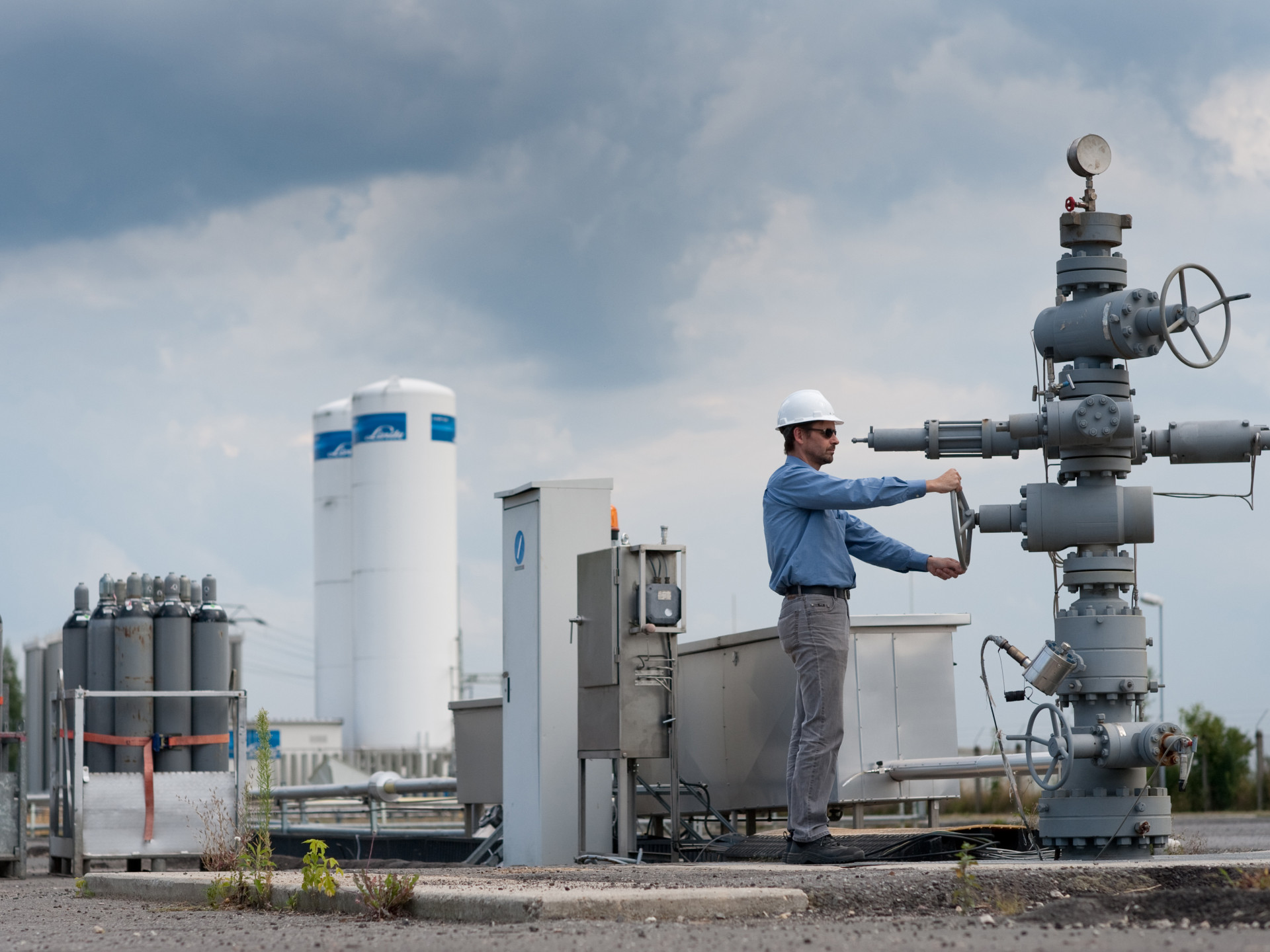
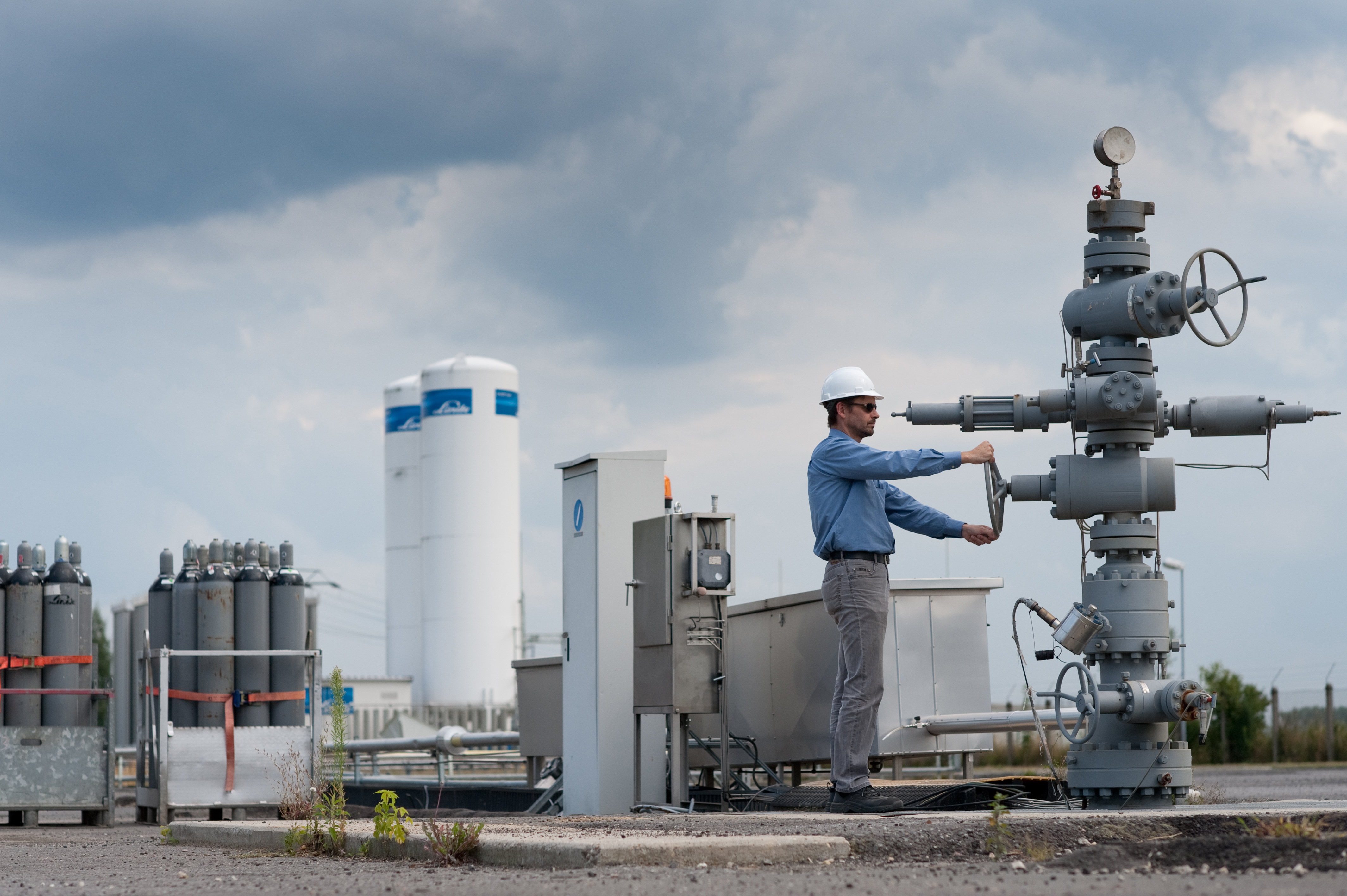
Surveys show that public opinion about technologies for capturing and storing CO2 in Germany remains divided. Respondents are concerned that the focus on CCS can weaken climate policy, and they have doubts about the process’s safety. Appropriate measures can help to overcome these concerns, according to Danny Otto of the Helmholtz Centre for Environmental Research – UFZ.
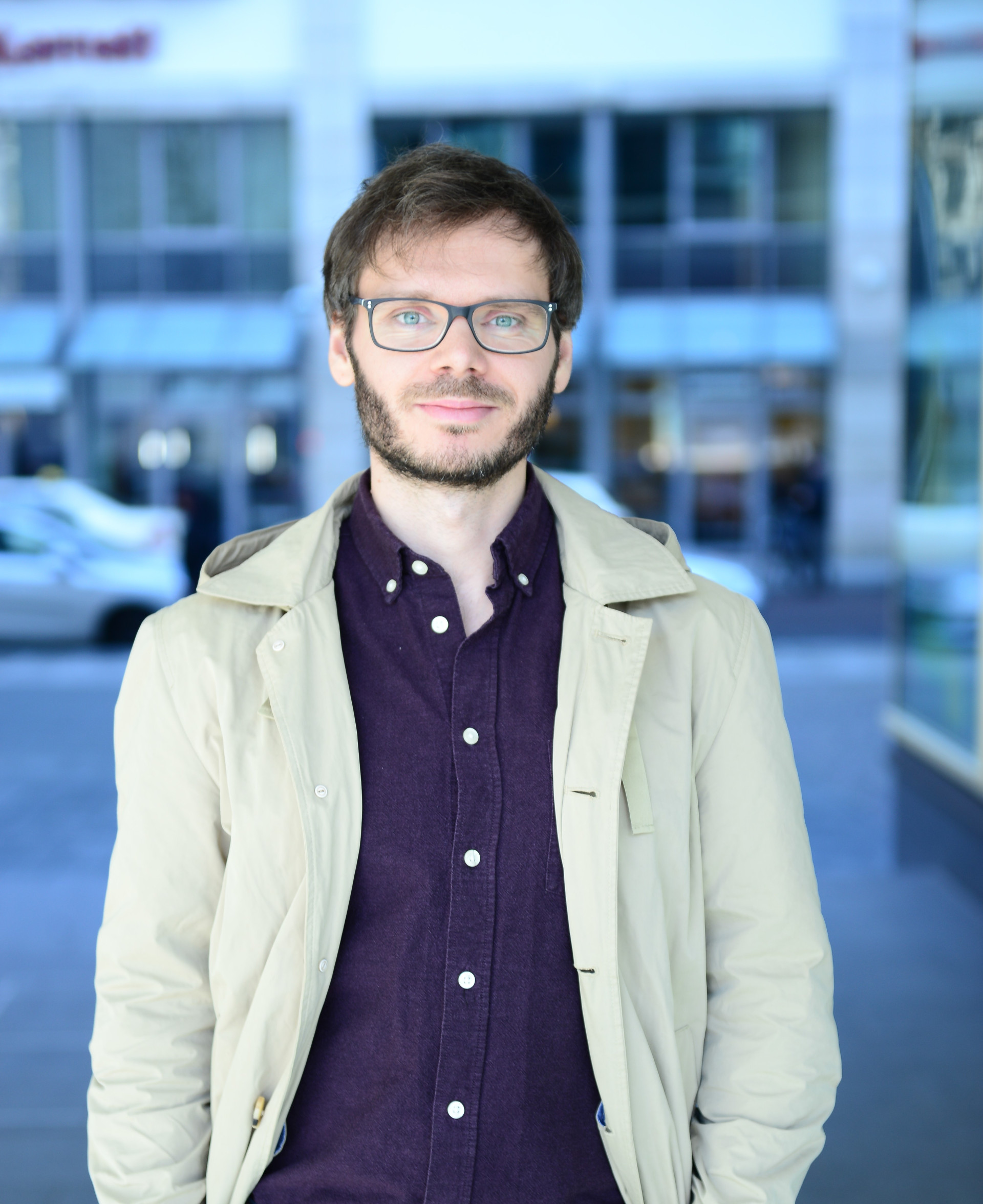
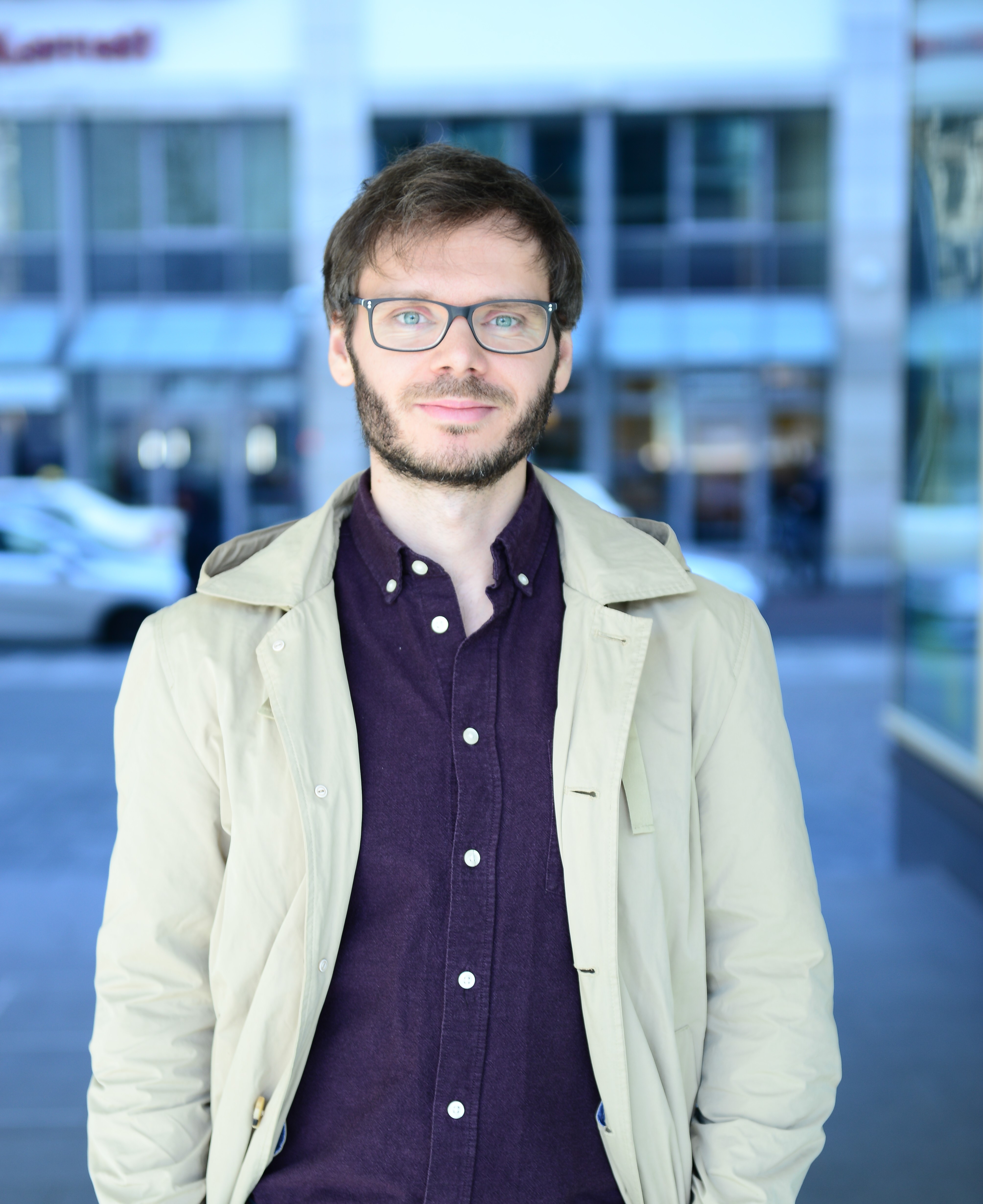
In Germany, technologies for capturing carbon dioxide (CO2) and then storing it underground (abbreviated CCS) have been the subject of research for over 20 years. With the CCS process, CO2 can be filtered out of the flue gas from large industrial plants and stored underground. This technology also plays an important role in other processes for extracting CO2 from the atmosphere, such as direct air capture (DAC) with subsequent storage in geological formations or capturing and storing CO2 produced by the industrial use of biomass (bioenergy with carbon capture and storage, BECCS).
Europe’s first large-scale research project for geological CO2 storage on land was initiated in Ketzin, about 40 km west of Berlin, in 2004. Later other large-scale industrial projects followed, initiated mainly by energy producers, and aimed at capturing and storing CO2 from coal-fired power plants. These projects were stopped due to strong political and public opposition, financial difficulties, and tightened regulatory framework affecting CCS. The use of CCS technology has been banned in Germany since 2016. In recent years, policymakers have shown growing interest in it. Currently discussions about CCS focus on issues such as dealing with emissions that are difficult or impossible to avoid (e.g. in the cement industry) and extracting CO2 from the atmosphere.
Mixed levels of awareness and acceptance
Studies on public opinion about CCS reveal mixed levels of public awareness and acceptance of the technology. The level of awareness ranges from very low to moderate and often depends on whether those questioned live near an existing or planned CCS project. In our current surveys, about 36 percent say they know nothing about CCS and about 50 percent say they have heard of it.
Nearly half of those surveyed said they were very worried or moderately worried about CO2 storage, and 42 percent see CCS technologies as an environmental hazard. General concerns about the safety of long-term underground CO2 storage are widespread. Only some 13 percent have no worries and only around a quarter expect economic benefits from CCS.
CCS in the media
Reporting in the media has a major influence on how the public perceives technologies. Our analysis of some 4000 German newspaper articles from the past 20 years shows significant polarization in the media, which is characterized by frequent reference to the previous plans to use CCS technology for coal-fired power plants.
In recent years, discussion in the media has shifted toward the use of CCS for negative emissions technologies. However, CCS’s negative image in connection with coal-fired power plants still persists, suggesting that public and political support for this technology remains a problem.
Countering perceptions of risk
Our surveys show that people’s biggest worries are about how safe storage is (e.g. due to potential leakage or increased seismic activity near a CO2 storage facility) and about the political risks of CCS, such as weakened climate policy and delayed decarbonization.
However, the surveys also show that certain measures could help to reduce the role these risks play in the public perception. For example, appropriate changes in the way CO2 storage facilities are monitored can help to limit some safety concerns. In terms of political risks, separate targets for emissions reductions, emissions retention and CO2 removal could address people’s concerns. Giving such measures a footing in the environmental law could assuage the worries environmental organizations have about CCS while also helping to win public trust in this technology’s climate policy potential.
Danny Otto is a sociologist. As a scientist at the Helmholtz Centre for Environmental Research (UFZ) he deals, among other things, with questions of social perception and evaluation of negative emission technologies or technologies for CO2 storage - for example, in the BioNET project.
